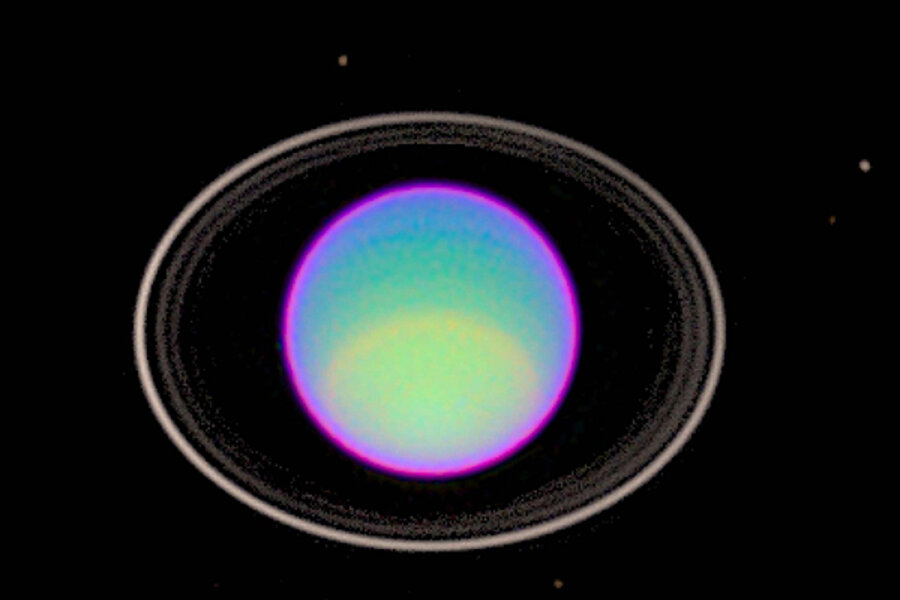
European space scientists are being encouraged to collaborate with NASA on an ambitious space mission to Uranus, one of the most significant projects planned for this century.
In a special editorial in Nature, astrophysicists emphasized the importance of international cooperation between the European Space Agency (ESA) and NASA to ensure the success of this groundbreaking mission. This mission involves sending a robot spacecraft to orbit Uranus and deploying a probe into its thick, icy atmosphere.
The proposed Uranus mission, expected to take a decade to develop and 12-15 years to reach its destination, presents a unique opportunity for scientists to participate in a flagship-class endeavor.
Highlighting the success of previous joint missions, such as NASA’s Cassini mission to Saturn and ESA’s Huygens probe, the editorial authors underscored the benefits of international collaboration in space exploration.
If ESA chooses not to participate, the editorial suggests the formation of a consortium of European countries to contribute to the construction of the probe. Given its track record in space cooperation, Britain could play a pivotal role in such a venture.
Uranus, with its unique features like its sideways rotation and extreme cold, presents significant scientific interest. Despite being a distant planet, studies have shown that planets similar to Uranus are abundant in our galaxy, raising questions about their formation and characteristics.
A mission to Uranus would provide invaluable insights into these enigmatic ice giants and could unlock secrets about their composition, atmosphere, and orbital dynamics. Therefore, the scientific rationale for such a mission is compelling, underscoring the importance of international collaboration in advancing our understanding of the universe.


